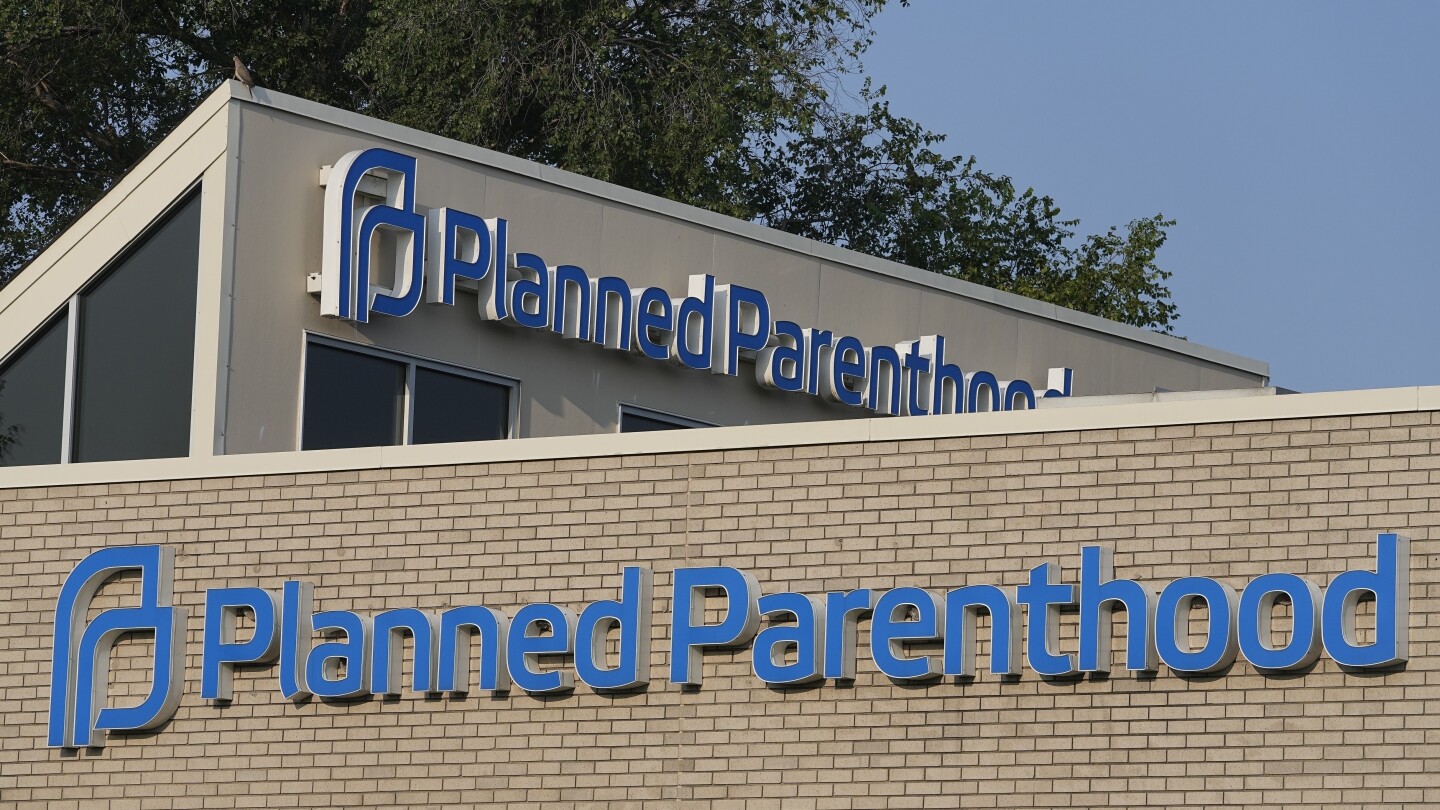The U.S. Supreme Court has issued a landmark decision allowing states to prevent Planned Parenthood, the nation’s largest abortion provider, from accessing Medicaid funds for services like contraception and cancer screenings. This ruling, delivered in a 6-3 opinion by Justice Neil Gorsuch, aligns with a broader Republican effort to withdraw financial support from the organization.
While the decision does not directly address the topic of abortion, it effectively eliminates one of Planned Parenthood’s main legal avenues to secure Medicaid funding: patient lawsuits. The court’s conservative majority determined that the Medicaid statute’s provision for patients to select their healthcare providers does not constitute a right enforceable in court, thus siding with South Carolina in this high-profile case.
Public funds for healthcare generally exclude abortion services. Nevertheless, Medicaid recipients frequently choose Planned Parenthood for non-abortion-related healthcare due to the challenges of finding physicians who accept Medicaid. South Carolina’s Republican Governor, Henry McMaster, has been a vocal proponent of halting taxpayer funding for the organization. The budget proposal endorsed by former President Donald Trump also aimed to cut Medicaid allocations for Planned Parenthood, potentially leading to the closure of numerous centers, according to the organization.
Governor McMaster initially attempted to sever Medicaid funding to Planned Parenthood in 2018, but faced legal pushback from a patient named Julie Edwards. Edwards filed a lawsuit seeking to continue receiving birth control from Planned Parenthood due to her medical condition. South Carolina argued that patients should not have the ability to pursue such legal actions, a stance the Supreme Court’s majority endorsed.
Justice Gorsuch emphasized that policy decisions about permitting private enforcement involve complex considerations best left to elected officials rather than judges. He noted that patients have alternative administrative channels to contest coverage denials. McMaster hailed the ruling as a victory for South Carolina’s values and a defense of life.
The opinion, described by White House spokesman Harrison Fields as a “major victory for common sense,” underscores the Republican view that states should have autonomy over abortion policy. Conversely, Justice Ketanji Brown Jackson, writing in dissent, warned of the tangible harm the decision could inflict on Medicaid recipients by stripping their freedom to choose healthcare providers.
Planned Parenthood representatives expressed concern that the ruling would restrict access to essential healthcare services for nearly one million Medicaid beneficiaries in South Carolina. The state had not alleged substandard care from Planned Parenthood, labeling the funding cut as a politically motivated action.
Planned Parenthood South Atlantic’s chief medical officer, Katherine Farris, noted that the decision transfers the power of healthcare choice from patients to the state. Planned Parenthood President Alexis McGill Johnson suggested that other conservative states might follow suit, framing the decision as a potential “backdoor abortion ban.”
While Medicaid patients constitute a small percentage of Planned Parenthood’s clients in South Carolina, the organization’s spokesperson affirmed its commitment to providing care without government reimbursement. Legal experts and health advocates voiced concerns that the ruling could weaken healthcare access, particularly in rural regions.
South Carolina’s annual Medicaid funding for Planned Parenthood is $90,000, a minor portion of the state’s overall Medicaid expenditure. The state has also enacted a six-week abortion ban following the Supreme Court’s 2022 decision to revoke nationwide abortion rights. The Alliance Defending Freedom, representing South Carolina, stated the ruling enables the state to allocate Medicaid funds toward comprehensive healthcare for low-income residents.
For further updates on the U.S. Supreme Court, visit https://apnews.com/hub/us-supreme-court.






